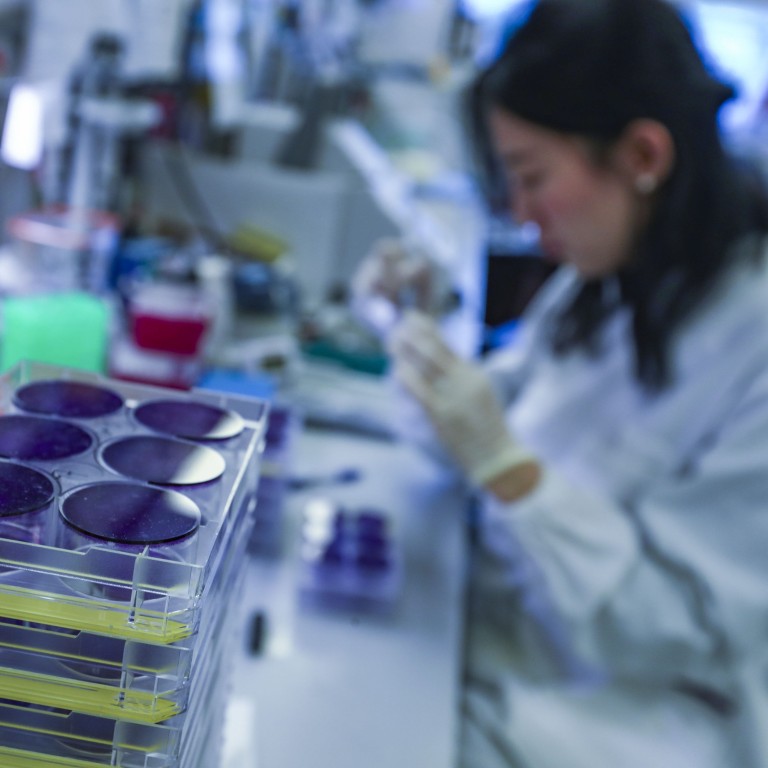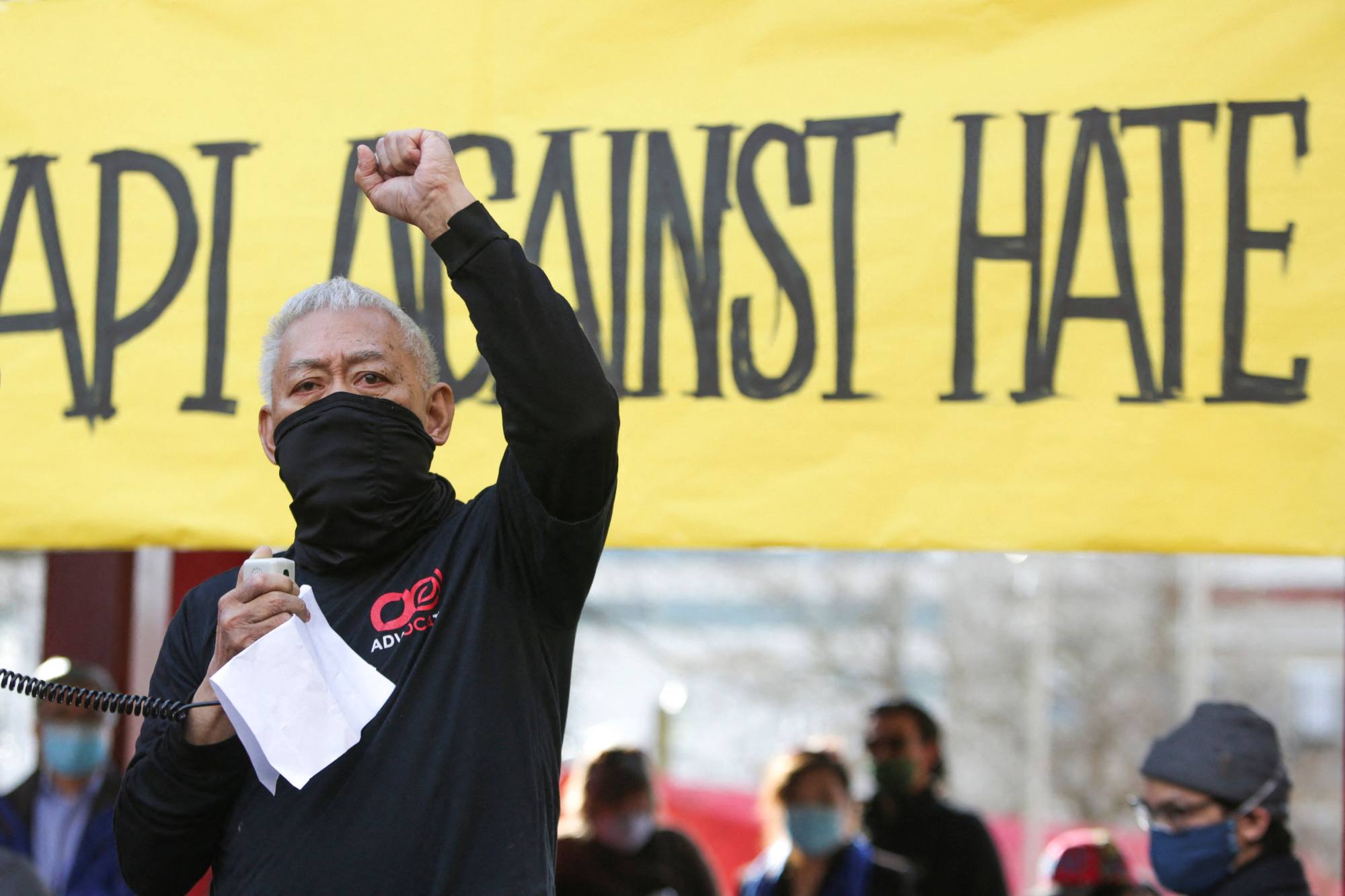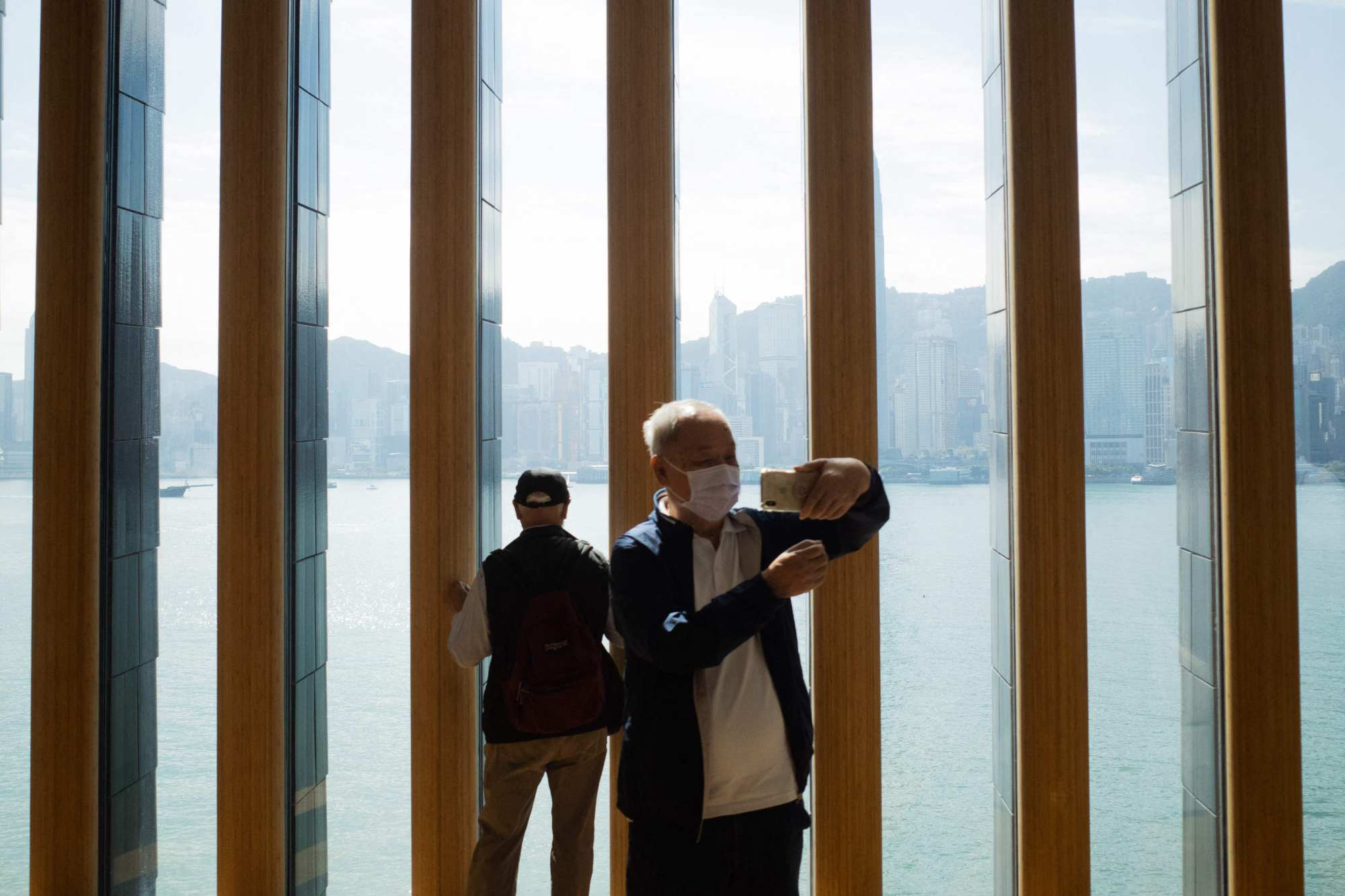
Chinese scientists targeted by anti-Asian hate in America may find welcome in Hong Kong
- Chinese academics in America report experiencing an atmosphere of fear and blame amid rise in US-China tensions
- With its top-notch research facilities and high-ranking universities, Hong Kong could prove an attractive alternative
“All men are created equal.” So says the American Declaration of Independence, but some may be more equal than others.
A recent analysis of prosecutions under the Economic Espionage Act, conducted by an association of Chinese-American civic leaders known as the Committee of 100, showed that most defendants charged under the law since 2009 have been people of Chinese descent. Defendants with Asian names were more than twice as likely to be falsely accused of espionage. Defendants of Asian descent were also punished twice as severely as defendants of other races.
It does not help that in 2018, while under the Trump administration, the US Department of Justice launched a programme dubbed the “China Initiative”. Its purpose was to crack down on economic espionage and covert influence operations, focusing heavily on scientists at American universities.
Almost by definition, a “China” Initiative puts a target on ethnic Chinese people regardless of nationality. The controversial programme has been criticised as a form of racial profiling.

This year, the Committee of 100 and the University of Arizona conducted a nationwide blind survey of almost 2,000 Chinese and non-Chinese descent scientists to assess the issue of racial profiling. Results showed that the China Initiative is producing a wave of fear among both groups.
Among scientists of non-Asian descent, there is an active distancing from everything Chinese, from no longer hiring Chinese postdoctoral researchers to cutting ties with collaborators in China, and even limiting communications with scholars in China – all at the expense of their own research.
Meanwhile, more than half the scientists of Chinese descent say they feel considerable fear that they are being surveilled by the US government. They also report more difficulty in obtaining research funds than their non-Chinese descent counterparts. There is increasing concern that federal agencies are unjustly investigating and prosecuting Chinese and Chinese-American scientists on the basis of their heritage.
Of course, Hong Kong would be competing with other places in Asia such as Singapore and mainland China, both of which are hungry for science and tech talent. The ability to pay well isn’t everything; factors such as a vibrant academic environment, high-quality research facilities, and an appealing quality of life are all important to prospective employees.

Still, Hong Kong has a competitive edge on most fronts. Our companies and institutions have shown they are able to offer favourable financial terms for the right talent. We have world-class science and research facilities.
Tech founders say talent shortage is a major issue in Greater Bay Area
Quality of life comprises several elements including health care, schooling, recreation, affordable housing, and safety. Again, with the exception of affordable housing, Hong Kong ticks all of these boxes.
Let’s not forget the story of a talented US-trained scientist named Qian Xuesen, who was deported by the US to China during the Cold War, and then went on to help China launch its missile and space programmes.
Throughout history, talent has moved to where it is most valued and appreciated. Perhaps Hong Kong sits in a unique position to attract overseas Chinese talent to an exciting, dynamic city with an abundance of opportunities.
Bernard Chan is convenor of Hong Kong’s Executive Council

